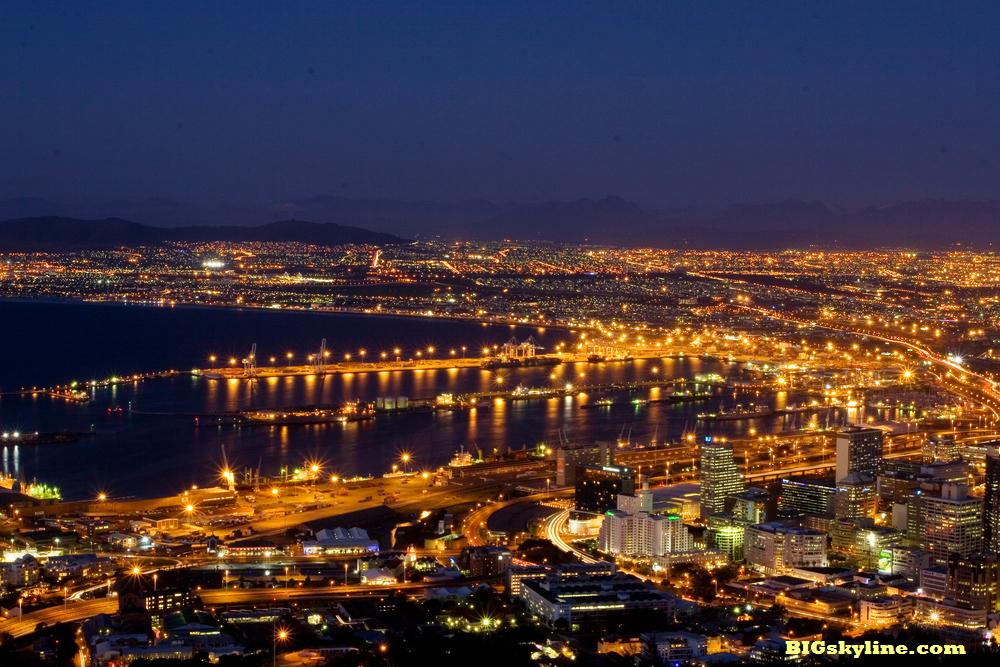Angola: Textile Industry luanda


Luanda — Textile factories based in the provinces of Benguela, Cuanza Norte and Luanda, respectively, (Africa Textil), (Satec) and (Textang II) are expected to create more than 3,500 jobs after the completion of their works.
The fact was announced by the minister of Public Administration, Employment and Social Security (MAPTSS), António Pitra Neto.
The minister announced this Friday at delivery ceremony of 14 sewing machines by the Japanese Embassy in Angola to MAPTSS, under the rehabilitation project of the textile factories in Angola.
António Pitra Neto stressed the importance of running the vocational training with a view to employ more than 3, 500 Angolan workers in the three factories.
Our task is simple, but of great importance. Not only for the diversification of the ongoing economic programme, particularly in industry field but also the national system of vocational training, he said.
The president José Eduardo dos Santos directed us to do our best to ensure the growing of economy for benefit of Angolan citizens and with the support of the nations that want to see our country to move forward, "he added.
angop Fri, 11 Sep 2015 18:11















